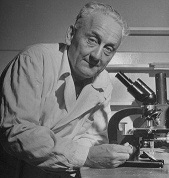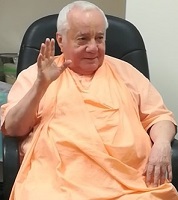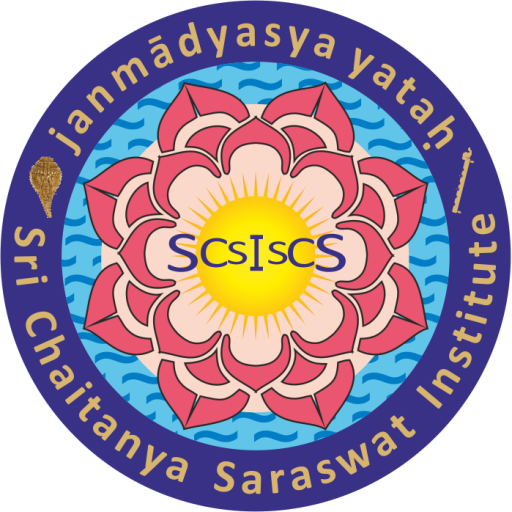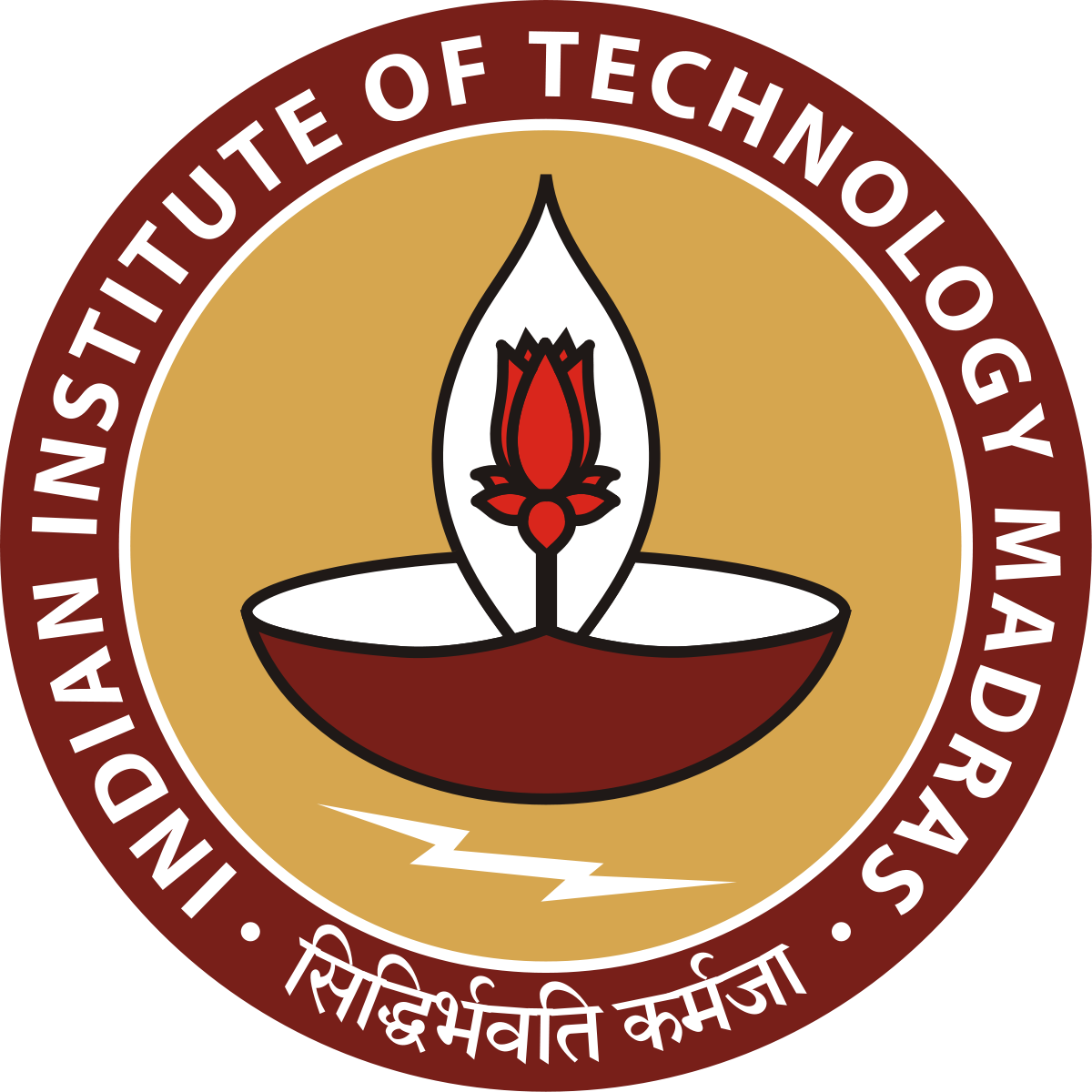About Us - Ontological Distinction between Mechanical, Chemical & Biological Systems
About Sri Chaitanya Saraswat Institute of Spiritual Culture & Science
We propose that Life is an organic unity that appears in a myriad of forms throughout the planet displaying its inherently determinate nature (as a unity in difference) as a variegated display of species from the lowly microbe to the dominate Bhumi conception, and beyond to encompass the rest of the universe. This is in keeping with the Vedantic worldview. Thus Life is a universal organic unity that exhibits itself as a complete spectrum of living unities, as much as white light when passed through a prism exhibits itself as a rainbow of colors. One color does not evolve from another, and so too does Life exhibit itself in a variety of forms that constitute the wholeness of Life in its full determinateness.
For more information: http://scsiscs.org
Indian Institute of Technology - Madras
Indian Institute of Technology Madras is one among the foremost institutes of national importance in higher technological education, basic and applied research. In 1956, the German Government offered technical assistance for establishing an institute of higher education in engineering in India. The first Indo-German agreement in Bonn, West Germany for the establishment of the Indian Institute of Technology at Madras was signed in 1959.
The Institute was formally inaugurated in 1959 by Prof. Humayun Kabir, Union Minister for Scientific Research and Cultural Affairs. The IIT system has sixteen Institutes of Technology. The first of these to be instituted are at Kharagpur (estb. 1951), Mumbai (estb. 1958), Chennai (estb. 1959), Kanpur (estb. 1959), Delhi (estb. 1961), Guwahati (estb. 1994) and Roorkee (estb. 1847, joined IITs in 2001).
IIT Madras is a residential institute with nearly 550 faculty, 8000 students and 1250 administrative & supporting staff and is a self-contained campus located in a beautiful wooded land of about 250 hectares. It has established itself as a premier centre for teaching, research and industrial consultancy in the country.
The Institute has sixteen academic departments and a few advanced research centres in various disciplines of engineering and pure sciences, with nearly 100 laboratories organised in a unique pattern of functioning. A faculty of international repute, a brilliant student community, excellent technical & supporting staff and an effective administration have all contributed to the pre-eminent status of IIT Madras. The campus is located in the city of Chennai, previously known as Madras. Chennai is the state capital of Tamilnadu, a southern state in India.
For more information: https://www.iitm.ac.in/about
About A Scientific and Philosophical Conference on Ontological Distinction between Mechanical, Chemical & Biological Systems
Our approach is to extract and distill the essence from the advance scientific and technological wisdom within the phenomenon of a multi-philosophical background with the help of the Vedantic wisdom so that a wonderful basis for dialogue can be created. There will be four main sessions: (i) Scientific Critique of Reductionitic view that is indiscriminately practiced for all systems in Physical Sciences, (ii) Why biology is a challenge to the physical sciences?, (iii) Is the concept of soul essential to develop a theory worthy of biology? and (iv) How modern science can get benefit from both Western and Eastern Philosophy (especially, Vedanta) to solve its foundational problems?
The ‘Contribution of Vedanta for the development of frontiers in Life Sciences’ Session will be an important session. There will be several themes in different sessions. The ontological role of the conscious scientist in the scientific enterprise is a topic that is rarely, if ever addressed in many of the theoretical fields of science. Yet this is the most glaring failure that science suffers and is leading to its contemporary crises.
For more information on the event and our activities, sign up to receive our online dialogue with scientits and scholars.
Follow us on Twitter: @bviscs








